The company’s £600m investment paves the way for an all-electric MINI future, starting with the production of two electrified models in the UK by 2026.
In a significant move towards its wider electrification strategy, BMW Group has announced its project to transform its MINI manufacturing facilities in Oxford and Swindon with an infusion of over £600m.
The electrification of the Oxford plant is poised to give birth to two all-electric MINI models by 2026: the MINI Cooper three-door and the compact crossover, MINI Aceman. Production volume at the Oxford site will consist exclusively of EVs by 2030. The project signals the carmaker’s expanding EV production strategy, with over £3b invested across its Oxford, Swindon and Hams Hall plants since 2000, and has garnered support from the UK Government.
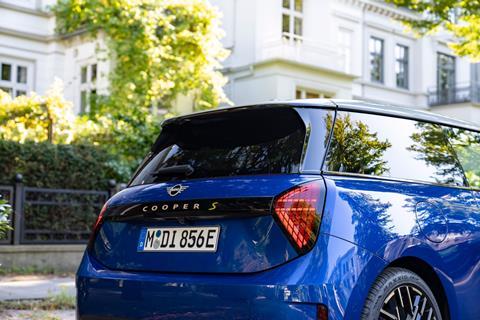
Milan Nedeljković, member of the Board of Management of BMW AG responsible for production, said the investment was of strategic importance. “With this new investment, we will develop the Oxford plant for production of the new generation of electric MINIs and set the path for purely electric car manufacturing in the future,” he said.
From medium to long-term, BMW phases towards fully electric production
In the medium term, the factory is slated to achieve a production capacity of 200,000 cars annually, featuring both ICE and EVs on the same production line, before going fully electric.
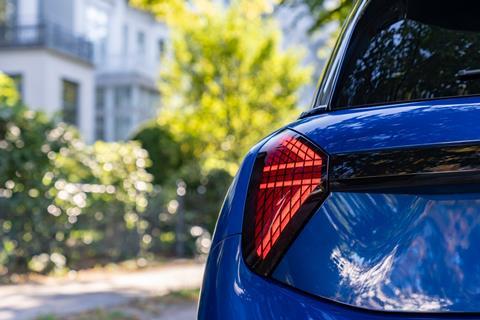
The Oxford plant currently produces the MINI three-door, five-door, Clubman and Electric models; and will initially commence production of the ICE next-gen three-door and five-door models, alongside the new MINI Convertible on the same line from 2024, before the arrival of the all-electric Cooper three-door and Aceman in 2026.
Kemi Badenoch, Business and Trade Secretary said: “This decision is a big vote of confidence in the UK economy and the work of this Government to ensure the continued strength of our world-leading automotive sector. We are proud to be able to support BMW Group’s investment, which will secure high-quality jobs, strengthen our supply chains and boost Britain’s economic growth.”
“I am delighted that the two new, fully electric MINI models – the MINI Cooper and MINI Aceman – are also being produced in Oxford, thereby confirming our path to a fully electric future.”
BMW underlined that this year, Oxford is celebrating its 110th anniversary and remains the production capital of the MINI brand. The plant has been producing the current MINI Electric since 2019.
Stefanie Wurst, head of the MINI brand, said: “MINI has always been aware of its history – Oxford is and remains the heart of the brand. I am delighted that the two new, fully electric MINI models – the MINI Cooper and MINI Aceman – are also being produced in Oxford, thereby confirming our path to a fully electric future.” Production of the new MINI Countryman, a larger crossover model in the MINI lineup, will kick off at the BMW Group plant Leipzig in a few weeks, offering both pure electric drive and combustion engines.
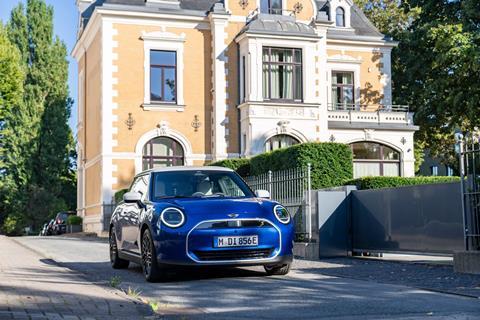
The next-generation of the all-electric MINI Cooper three-door and MINI Aceman are set to enter production at China’s Zhangjiagang plant in Jiangsu province in collaboration with Great Wall Motor. Exports of these models will commence early in 2024.
BMW aligns its electrification production and supply chain strategies
BMW is also investing $1.7 billion in Spartanburg, South Carolina, to prepare the plant for the production of its next-generation EVs. The investment includes $1 bn to upgrade facilities at the plant and $700m for a new battery assembly centre in nearby Woodruff.
The new battery plant will supply batteries for BMW’s EVs produced in Spartanburg, creating a “local for local” battery supply chain. The first new EV from Spartanburg will be launched in 2026 and will be part of BMW’s Neue Klasse next-generation models. By 2030, the plant will be building six electric models. With the all-electric MINI models due for launch at the Oxford site in 2026, the OEM is clearly aligning its electrification production internationally.






























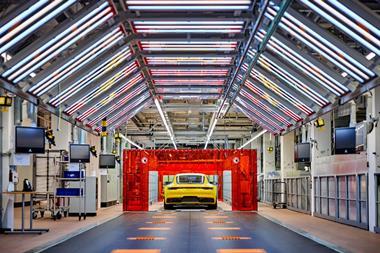
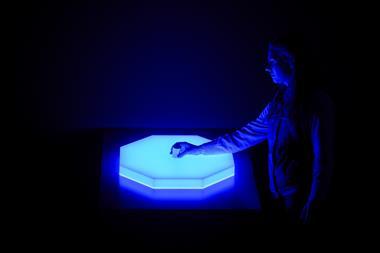
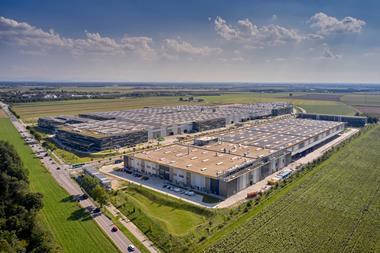
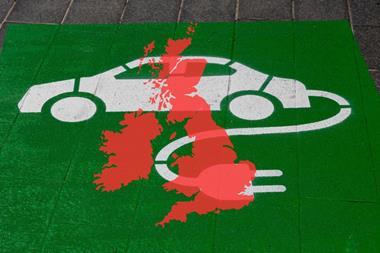
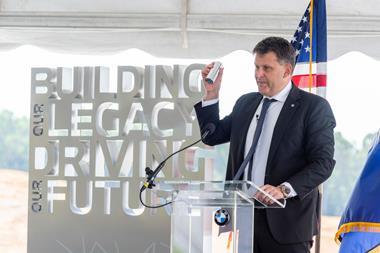



No comments yet